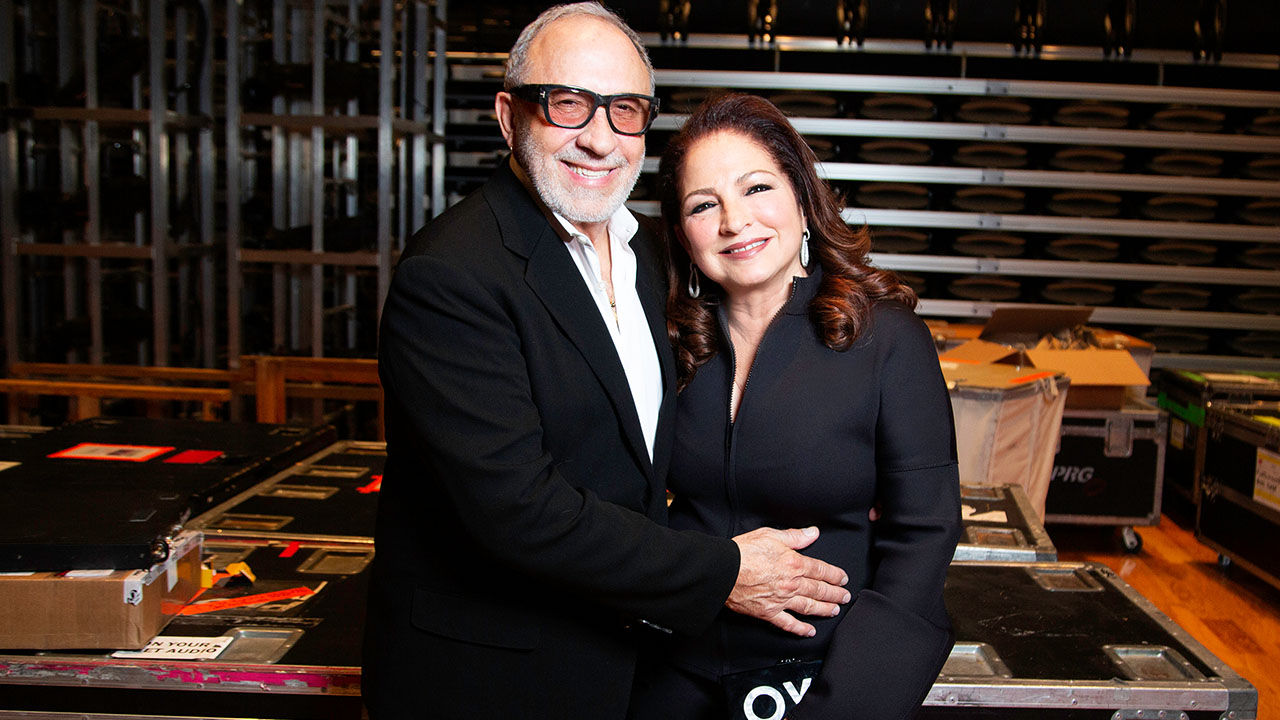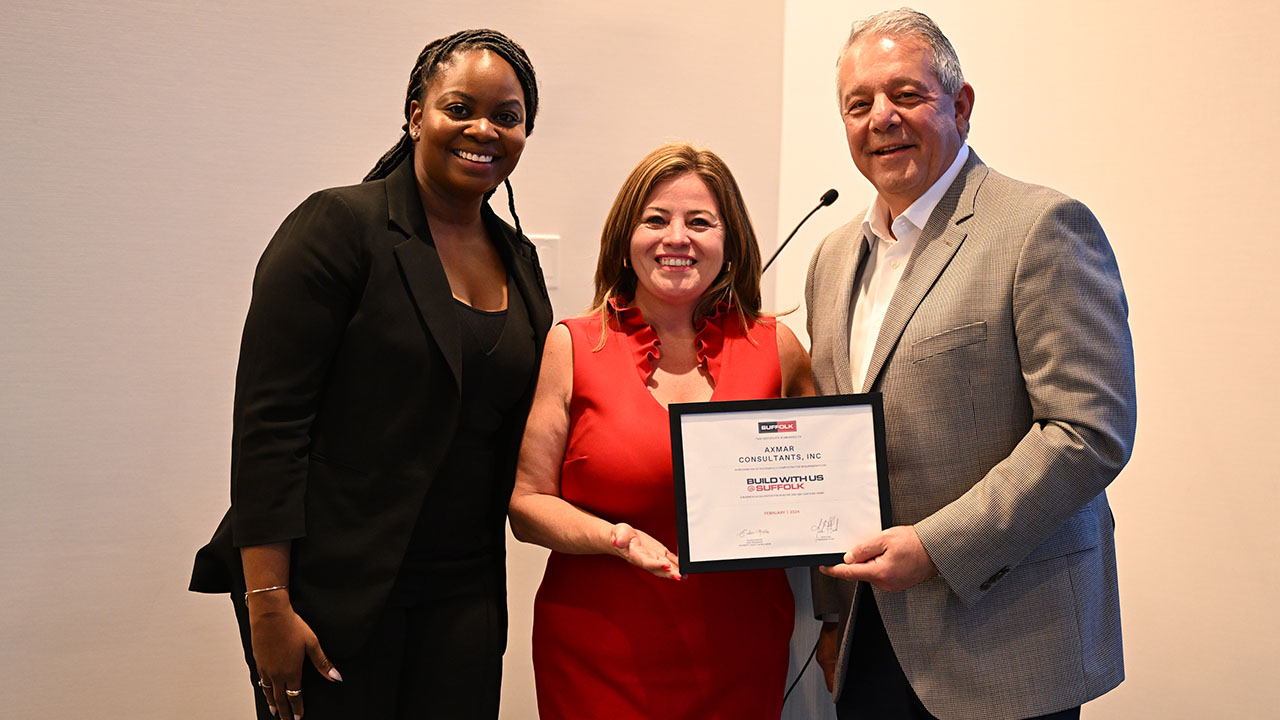Dear Mr. Berko: I’m trying to decide whether to invest $25,000 in 50 shares of Amazon or 300 shares of Alibaba Group. Which would you prefer and why? — MR: Ann Arbor, MI
Dear MR: The gurus at Schwab, Credit Suisse, Bank of America, Raymond James, UBS and six other Wall Street firms have “buy” recommendations on Amazon. While the masterminds at JP Morgan, Market Edge, Reuters Research, S&P Capital, Robert Baird and seven other Wall Street stalwarts rank Alibaba Group as a “buy.” Alibaba Group (BABA-$80) is a clone of Amazon.com (AMZN-$700). Some BABA aficionados insist that everything AMZN does, BABA a heck of a lot better. Well … maybe!
Read the following comparisons slowly and carefully. BABA has 36,500 employees, 2015 revenues of $15.5 billion, net income of $4.5 billion and a market cap of $185 billion. AMZN has 231,000 employees, revenues of $107 billion, net income of $600 million and a market cap of $275 billion. But something here is egregiously wrong. BABA generated $15 billion in revenues and with net profit margins of 30 percent, earned $4.5 billion. AMZN generated $110 billion in revenue and with net profit margins of 0.6 percent, earned a niggardly $600 million. Some of the Street’s pundits might say that the clone is on the other foot.
Something’s terribly wrong here: Either AMZN’s CEO Jeff Bezos, who never goes to bed on the same day he wakes up, hasn’t been taking his meds or BABA’s CEO Jack Ma is a black sheep and is cooking BABA’s books. Jack could be cooking the books in Mandarin and none of us (even the SEC’s Mary Jo White) wouldn’t know it. But the difference in earnings performance between AMZN and BABA is like molehill compared to a mountain.
In 2015, AMZN earned about $2,600 per employee but BABA earned $123,000 per employee. This difference suggests two possibilities: (1) Because AMZN trades an insane 550 times earnings, or a crazy $700 a share, its shareholders may need “stupidity” counseling. Fortunately, most health insurers will pick up part of the costs. (2) Jeff Bezos, who seems to have lost his hair, needs a lot of magic, and soon, because nothing in this world is worth 550 times earnings. And some Amazon doubters think the purchase of a 6-month put option might be a profitable trade. As you know I didn’t like Amazon when it was trading at $350 in 2014 and I didn’t like AMZN when it was trading at $500 last year and I don’t like AMZN today at $700 and may not like AMZN later this year at $800.
Stellar fundamentals aside, I’d not invest or speculate in anything Chinese. China is a country in which the business culture is noted for having a low degree of probity and a country in which economists are instructed to promote the party line. I’m not comfortable with a company that uses inscrutable Chinese accountants who keep books using funny Chinese characters that look like Rorschach figures. China’s Alipay (equivalent to America’s PayPal) claims $1.9 trillion in transactions last year (pure fantasy) a number that’s nearly seven times PayPal’s $283 billion volume last year. Few of us doubt that China, with 1.37 trillion people, is an impressive growth story, but just how impressive is often debated among China watchers. For instance China’s ride-hailing platform (equivalent to Uber) absurdly claims 10 million rides per day and many of China’s Internet companies have market values based on preposterous claims of 670 to 700 million Internet users a day. However, this lack of transparency in China is very important in maintaining the status quo. Frequent kickbacks are common and expected, bribes are not exposed but are papered over, company executives fudge production numbers, Communist Party officials and families trade on inside information. Meanwhile, Chinese accounting procedures lack consistency, reliability, timeliness as well as full disclosure. And analysts from Fidelity, Blackrock and T. Rowe Price suggest that researching Chinese stocks is like trying to pick your way through a minefield; blindfolded and at night, too!
I don’t care for either of BABA or AMZN and suggest you come back with better choices.
Please address your financial questions to Malcolm Berko, P.O. Box 8303, Largo, FL 33775, or email him at mjberko@yahoo.com. To find out more about Malcolm Berko and read features by other Creators Syndicate writers and cartoonists, visit the Creators Syndicate website at www.creators.com.
COPYRIGHT 2016 CREATORS.COM















